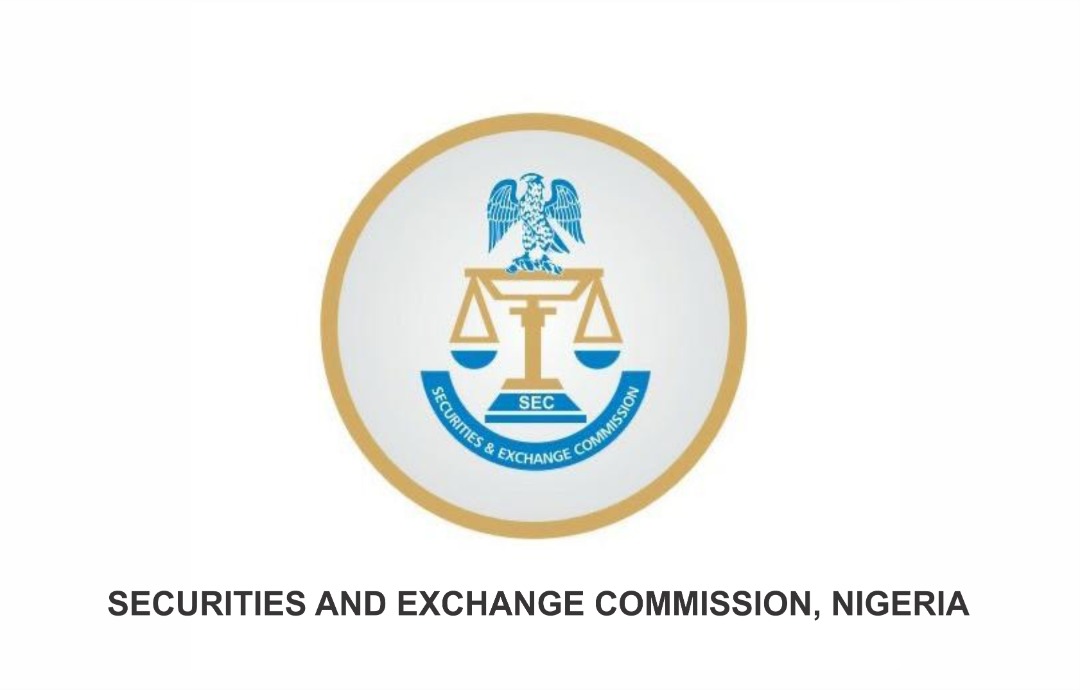The Nigerian government has sold Eurobonds worth $4b in three tranches of 7, 12 and 30-year tenors.
The yield on the bonds ranged 6.5 percent for the 7-year tranche; 7.75 % for the 12-year tenor, and 8.5 % for the 30-year bond, according to information in a note sent out by Stanbic IBTC.
- Banditry: Northern youths support telecoms shutdown
- PODCAST: Why Citizens Are Aiding Bandits In Katsina, Other States
The bonds are to mature in September of 2028, 2033, and 2051, respectively.
The 30-Year US Bond yield closed at 1.85% on Tuesday, September 21, 2021. With this, the Nigerian government is paying a premium of 640bps premium on the 30-Year US benchmark. Similarly, Nigeria paid a premium of 500bps on the 7-year bond.
Ghana priced its 12-year bond at 7.75%, while its 20-year bond was priced at 8.875%, some 664bps premium at the time.
“This issuance helps to fulfil a major part of 2021 fiscal borrowing plan, which is critical to budget implementation, especially given concerns over actualisation of budgeted revenue. More so, the proceeds should enhance the country’s external reserve and hopefully strengthen the supply firepower of the CBN, and ultimately calming the speculative pressure on the Naira,” Abiola Rasaq, a financial analyst noted.
“It’s a yield game for investors at this time, having 8.25% on a 30-year sovereign bond from an oil producer that has over USD34bn in external reserve and strong capacity generate revenues to pay coupon and principal at redemption, is a good position to hold for most GEM Funds at a time when global market rates remain relatively low,” said Rasaq.
The books closed at about $12b, showing an oversubscription of three times.
It is good timing for Nigeria to be in the market, said Rasaq, adding that the country made good use of the opportunity. “Rates have been on the downtrend in the past 5 months, and we have seen some modest moderation in yields on US treasuries across the curve, even compared to February when Ghana printed its USD3bn paper across different maturities.”
Recent weak job numbers in the U.S. reinforced expectation of a lower rate environment in the months ahead and the Bank of England has reiterated interest in sustaining the accommodative stance for some time, but it is good Nigeria clears this Bond Issue out of the market before uncertainties around the potential U.S. government shutdown sets in October 1st, barely two weeks ahead, he noted.
Again, with probable new appointments to the Fed after the ongoing meetings, Nigeria has avoided the risk of policy shifts, which may spook the market in the weeks ahead,” Rasaq said.
Though Nigeria paid a lower premium across the board, compared to Ghana, which had a similar rating as Nigeria at the time of issuance in April, before Fitch downgraded its outlook to negative in June, Nigeria would attract better pricing if we can improve on macro fundamentals.
The weak growth, foreign currency pressure, elevated inflation rate, rising unemployment, negative current balances, and declining fixed capital formation amongst other macro indicators all reflect on the country’s credit rating and pricing of the Notes.
Given the size of the economy and its prospect, if resources are better harnessed, Nigeria should be priced at most around Egypt’s handle. Notably, Egypt’s 40-year bond, raised earlier in the year, currently trades below the 7.5% yield it printed at issuance.

 Join Daily Trust WhatsApp Community For Quick Access To News and Happenings Around You.
Join Daily Trust WhatsApp Community For Quick Access To News and Happenings Around You.


